The stories of Roma migrants who are helping people
The information platform Djanes illuminates a comprehensive picture of communities in the modern space without stereotypes and prejudices. The project is a media component of the Advocacy Agency for Roma Culture "ARKA" - an institution that directs its efforts towards the development of the Roma youth movement, support and preservation of Roma history and culture, as well as the construction of intercultural dialogue in Ukraine.
On February 24, 2022, our lives were divided into "before" and "after." We will share with you three stories of Roma individuals who were forced to leave their homes and start a new life in a different place.
"We understand the pain of those who have lost loved ones and their homes due to war."
Robert Yovni is an entrepreneur involved in charity work, residing in Uzhgorod. His The New Generation Charitable Foundation began its activities in 2003.
"I realized that there is a great demand for helping people. I formed a circle of like-minded individuals. We started by assisting the elderly with products and hot meals. Later on, we began providing humanitarian aid to all categories," says Robert.
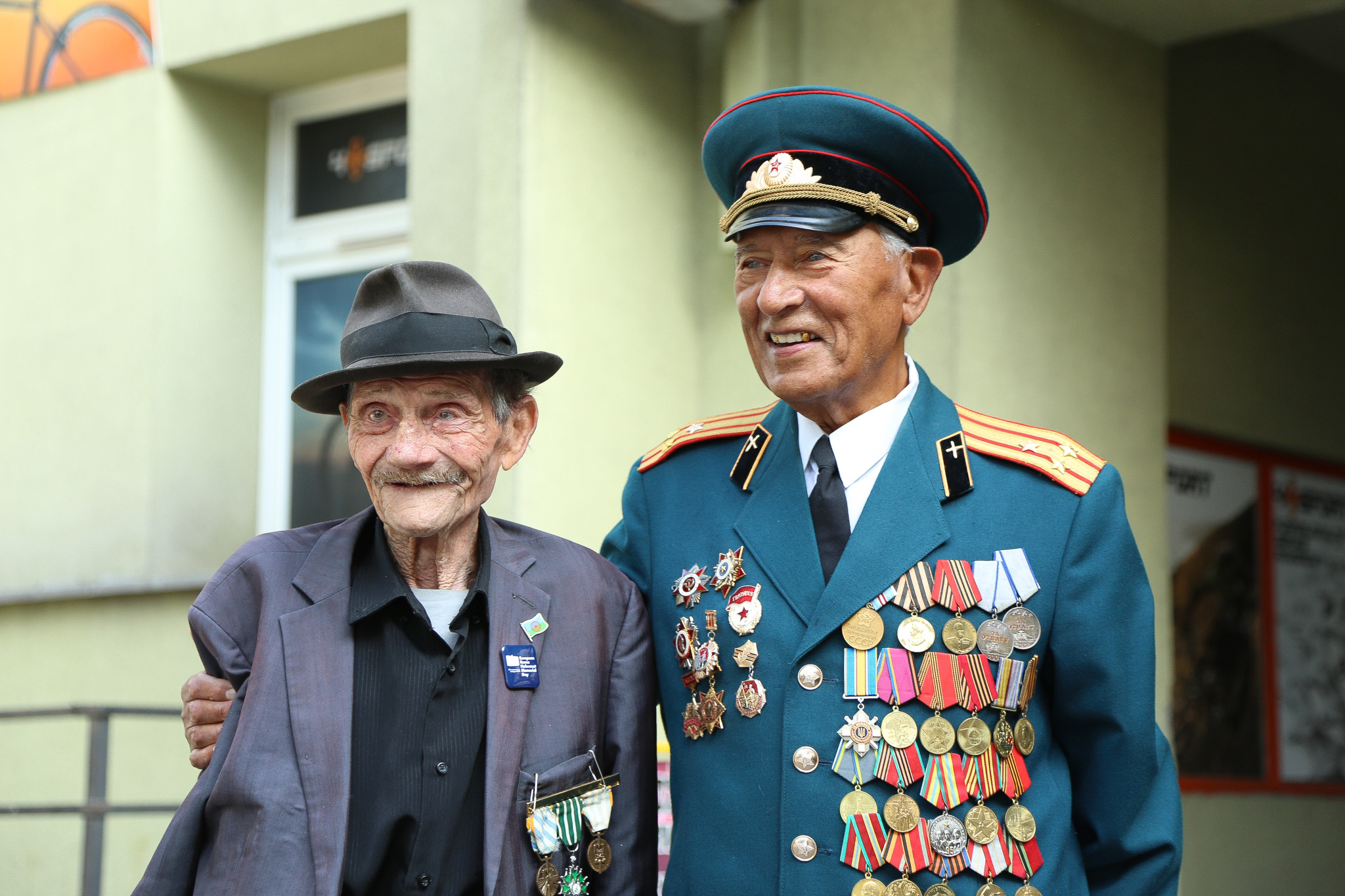
Over time, the foundation started providing assistance in the educational sphere.
"We opened opportunities for learning new professions. For example, through the grant programs of the Renaissance Foundation, we taught men of Roma origin to work in a shoe workshop, and women – in a sewing workshop. We were the first in Uzhgorod to engage in preparing children for school. We created a social center with around 600 beneficiaries. All our social initiatives were successful, which is very gratifying. We have reached a significant number of people with our assistance," explains Robert.
After the full-scale invasion by Russia, Robert Yovni and his organization shifted their focus to helping displaced individuals. The New Generation Charitable Foundation assists people with housing, food, clothing, and also conducts psychological work. The onset of the major war dramatically changed the activities of this organization.
"We saw the global need of the entire population of Ukraine. Previously, we had never provided assistance to the eastern regions of Ukraine; our focus was solely on the western regions. Now we help both the east of Ukraine and people who have come from the east to us, that is, the displaced. We realized that people who lost their homes, lost family, and were forced to leave their cities have not only material needs but also psychological and spiritual needs. We started actively addressing these aspects as well. Previously, we had focus groups for the Roma population, and now we help all displaced individuals, not just Roma. What motivates us is that we understand their pain. Of course, we cannot help everyone due to resource limitations, but we give people what we can."
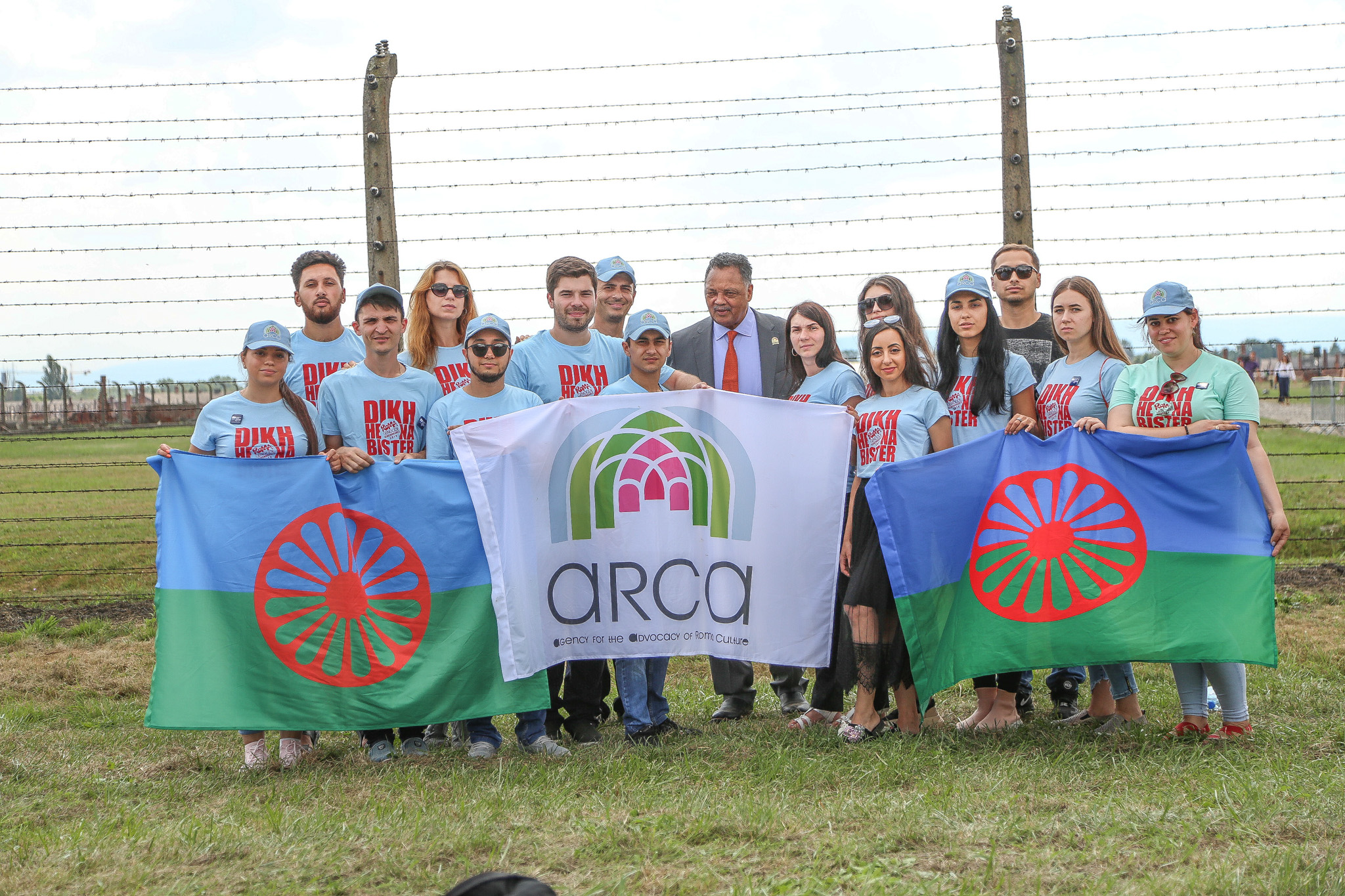
Robert Yovni unquestionably believes in Ukraine's victory in this war. He emphasizes the importance of maintaining faith. He hopes that after the victory, the Roma community will become an integral part of the nation and work together with everyone towards the country's revival. He is already making certain plans for the future.
"We need to accelerate our victory and do everything to ensure that the young men fighting return home soon with a real victory and a desire to rebuild Ukraine. The first direction is working with entrepreneurs; we will make them more popular so that society knows about its producers. This will allow us to develop small and medium-sized businesses, the economy. Our second focus is building houses for permanent, not temporary residence, so that people can decide where they want to live and then build families and organize their lives there."
It is important to assist women displaced by providing them with employment opportunities and access to education.
Our next heroine is Anzhelika Bielova, the president of the organization "Voice of Romni."
"We have three main areas of activity. This includes humanitarian aid and providing multifunctional financial assistance. We focus on education for children and the creation and development of spaces for children – currently, such activities are carried out in three regions of Ukraine. Additionally, we work on developing economic opportunities and economic security, creating spaces for Roma women and vulnerable women in three regions of Ukraine. Our target audience is primarily Roma women. However, due to the full-scale war, many people are in difficult situations, so we also provide assistance to women in unprotected categories of the population. This includes mothers of many children, widows of servicemen, and women with disabilities."
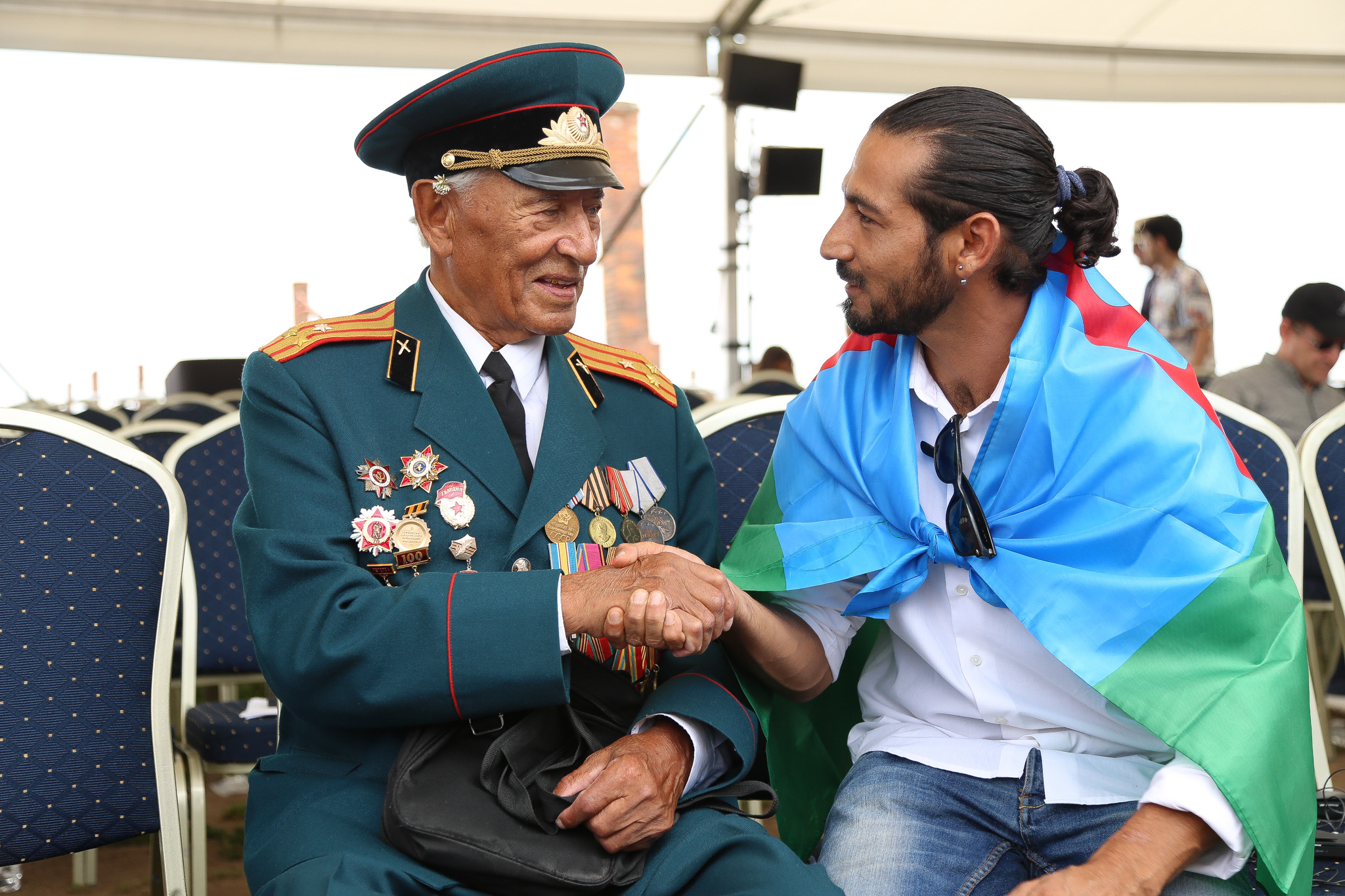
Until February 24, 2022, the organization worked on developing economic opportunities for Roma women. The activities began in 2020 during the COVID-19 pandemic, as many Roma women lost their jobs due to market closures. This initiative marked the beginning of a significant project that later expanded significantly.
"We conducted a study in which we found that among our respondents in Zaporizhzhia and Dnipropetrovsk regions, 53% of women had not completed secondary education, and 14% of women had no education at all. We asked them about the professions they would like to learn. They were interested in beauty-related professions, including hairdressing, manicure, makeup, eyelash extensions, etc. Baking and sewing were also popular choices. Therefore, we launched several successful pilot projects where Roma women acquired these skills. We also added social media marketing courses, leadership courses, and literacy courses. We provided starter kits that allowed women to start practicing in their acquired specialties immediately. We focused on adult education. When the full-scale war began, this activity gained new significance because many displaced individuals arrived from the east, particularly from the front-line territories of Ukraine. Resettlers faced difficulties in finding employment in their specialties. Today, we help them acquire new skills or undergo retraining."
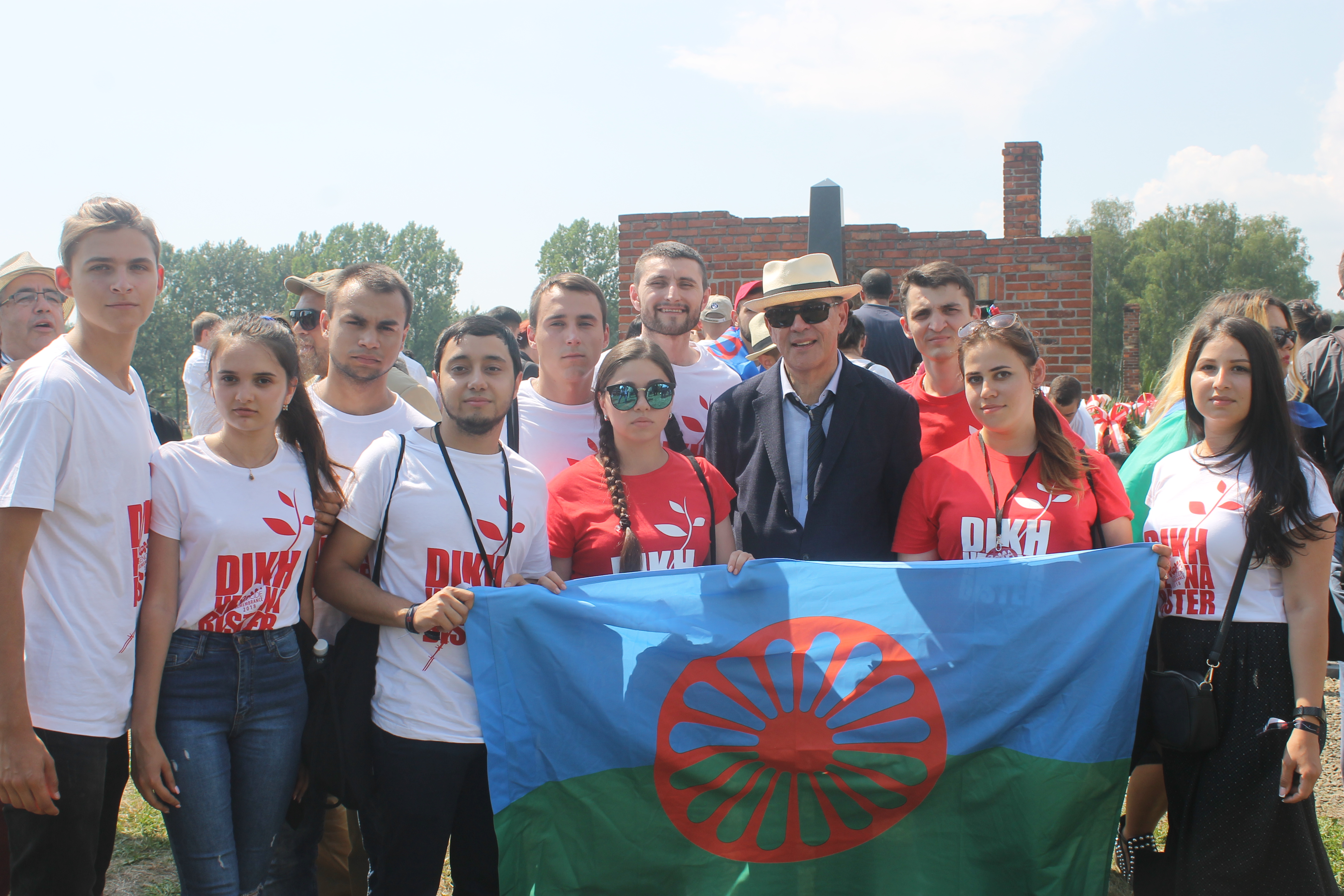
With the onset of the full-scale war, humanitarian activities became a priority. In the first months of the Russian aggression, many people needed and continue to need such assistance.
«We gradually expanded our areas of activity, aiming to work towards long-term results. We opened women's and children's spaces in Uzhgorod, Zaporizhzhia, and Kryvyi Rih. In the children's spaces, we have computer classes, which have been one of the main activities. We identified the need for Roma children to have access to such technology. Currently, in many regions of Ukraine, distance learning is in effect, and according to our research, 75% of Roma families do not have gadgets at home. Consequently, children do not have access to remote education. That's why we opened computer classes. We also provide psychological counseling, which has incredible demand because many children suffer from war trauma, PTSD, and adaptation problems due to relocation. Adults find it challenging to cope with the consequences of the war, and children, even more so, cannot handle the traumas caused by the war.”
The organization's leader also believes in the involvement of the Roma community in the post-war reconstruction of Ukraine. However, she emphasizes that the matter is not only about rebuilding affected cities or economic revival.
"It's about how Ukraine will live after our victory because there are many different areas, including education, healthcare, infrastructure, and much more. For example, speaking about education, we as Roma organizations must make every effort to ensure that the needs of the Roma community are not excluded from this process. Two years of COVID, almost two years of war – during all this time, Roma children were effectively excluded from the educational process. They do not have access to technical means of distance learning. We must do everything to ensure that both Roma children and children living in occupied and front-line territories are included in the recovery plans. This is our future, the future of our Ukraine. Recovery plans must take into account the needs of all categories."
Roma are part of Ukrainian society; it is crucial to understand this at the state level.
The third story is about Volodymyr Yakovenko, the head of the Youth Agency For The Advocacy Of Roma Culture (ARCA)
"Until February 24 of last year, we were mainly involved in informal education, preserving the memory of the Romani genocide during World War II. After the war started, we shifted towards humanitarian activities, trying to help the population, not just the Roma, in such a difficult time. We had a principled position – to help everyone in need, regardless of their origin. Now we are gradually trying to focus on our future work – placing emphasis on advocating for the interests of the Romani community in Ukraine, especially with a view to the post-war period. Currently, we see that the attitude towards the Romani community in society is improving, which is associated with the involvement of Roma in resisting Russian aggression. However, the Romani community is not included in the processes of rebuilding Ukraine. We strive for the trends of Romani participation in resisting Russian aggression, which are discussed at all levels – both state and societal, to persist in the post-war period. It is important for us to raise these issues."
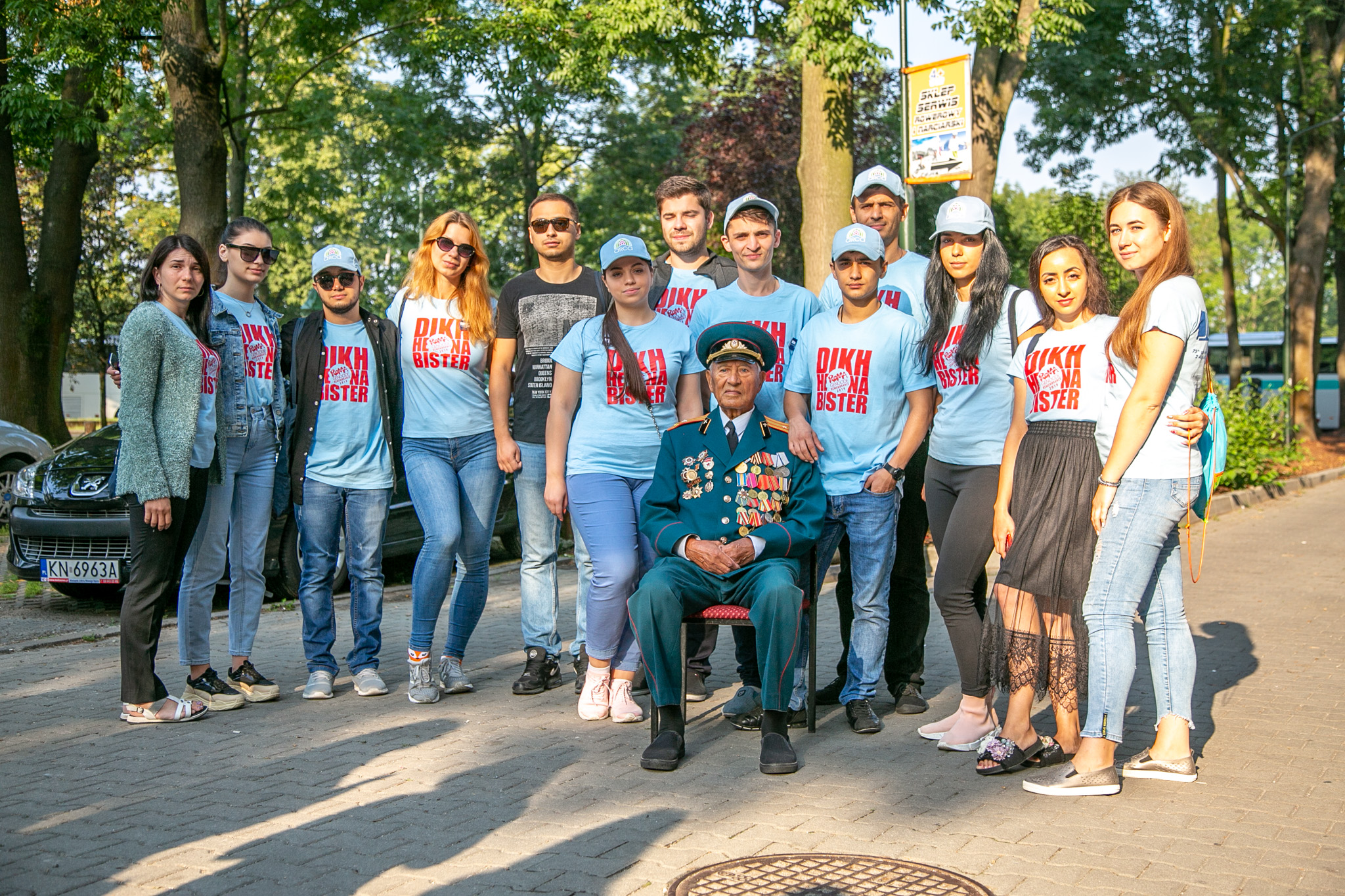
Humanitarian activities became a new challenge for ARCA and Volodymyr Yakovenko. The onset of the full-scale invasion presented activists with new tasks.
"In the first days of the full-scale war, I understood the need for this when displaced people from Kharkiv came to my house. In the very first week of the war, we accommodated nine displaced individuals in our home. We realized that there are probably millions of these people and provided assistance to the displaced who were passing through our cities to the west of Ukraine. When Okhtyrka was heavily bombed, we sent humanitarian aid to local activists. Even the mayor of Okhtyrka acknowledged this on his social media, stating that the Roma of Kremenchuk are sending such assistance. We provided medicines, power banks, and also sent funds to purchase fuel for generators. We collected funds for one of the brigades involved in demining and its surroundings, liberated from occupation. In general, the Roma community is deeply concerned about the situation in Ukraine, and our organization is not alone. There are many Roma organizations specifically engaged in humanitarian aid, supporting the population in various regions."
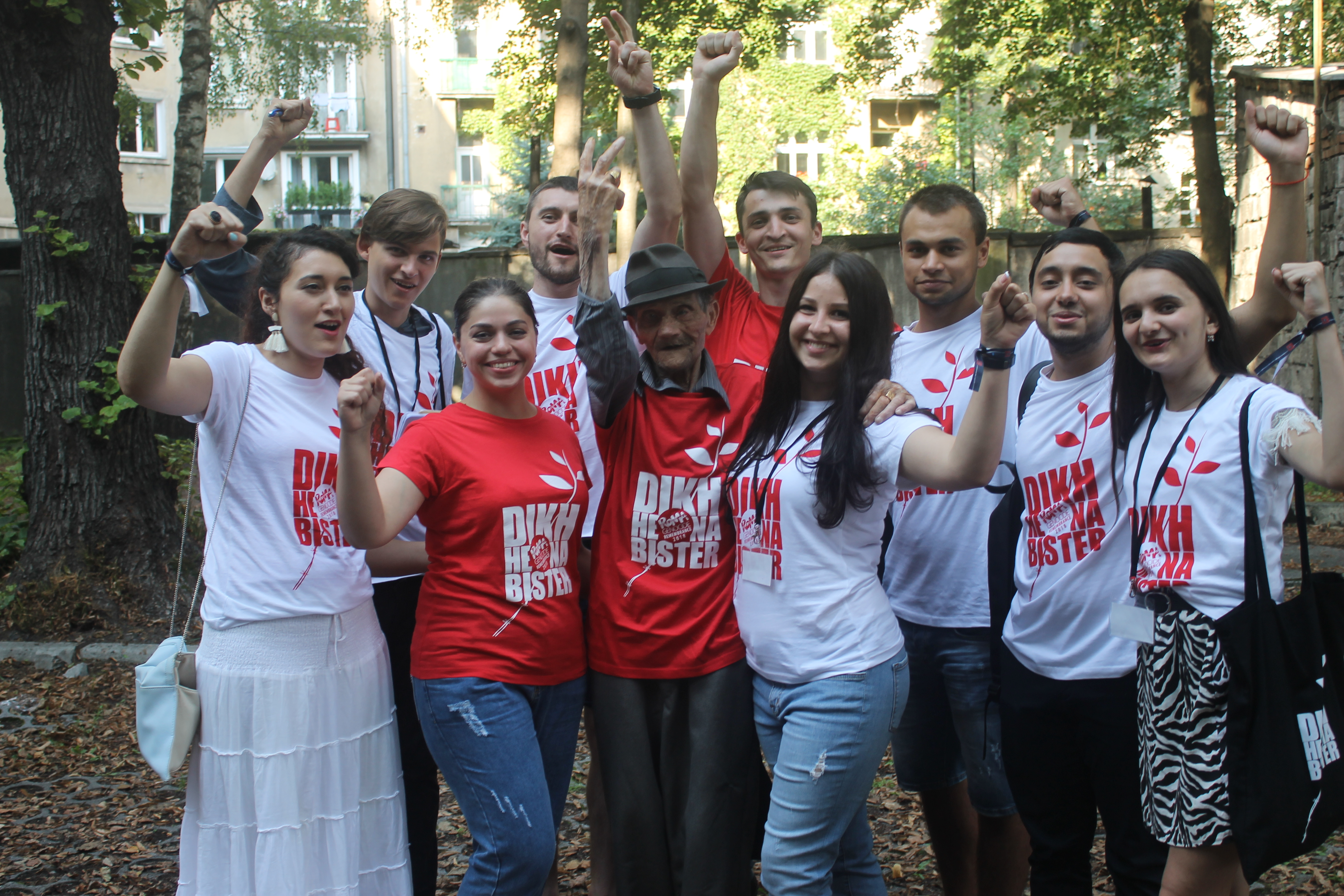
What does the victory of Ukraine mean for Volodymyr Yakovenko and his team?
"For me, victory will be a situation where human relations persist among people, where the state has an equal policy towards all layers of the population living in Ukraine. Victory will come when people can trust their state, trust politicians who take responsibility for our country. Victory will be when people stop dividing each other based on different characteristics – be it religious, skin color, or any other. Then, truly, in our country, everyone will be equal because we are not only fighting for borders and territories, we are fighting for values, for people, for human lives. Unlike our northern neighbors, where human lives are not valued, we must value human lives, human destinies, and fight for it. That is the victory."
I think that society, as a whole, expects positive changes, but how this information will be presented depends on the government: who will be in power and how the authorities will highlight the involvement of all ethnic, religious, sexual, and other minorities in the fight against Russian aggression.
If the state policy remains silent about these facts, about the participation of minorities in the fight against Russia, then it will remain unknown to the wider public. However, if it is highlighted, we will have even more positive changes in society.
Currently, it is very difficult to plan even for a week, but in our long-term plans, there is a desire to consolidate the Roma community, create a unified Roma civic movement that would work both for the benefit of the Roma community and for the well-being of the entire state of Ukraine. We are a part of Ukraine.
Ukrainians have a unique ability to unite in crisis situations. During the Revolution of Dignity, the annexation of Crimea, and the partial occupation of Donbas, we demonstrated that people from different backgrounds can effectively work together to achieve a common goal. Our response to the full-scale invasion on February 24 once again proved that the bonds between Ukrainians are exceptionally powerful. In this lies our strength, something that needs to be cherished and preserved even after the victory. Our stories illustrate that the primary measure of a person should be their actions, generosity, and the willingness to help others. There is no need to divide ourselves into groups or compare who has done more. Above all, we are all people united by the common desire to restore peace and harmony across the entire territory of Ukraine.
See also
- «Невидимі. Стійкість: минуле і сучасність ромів». Як зрозуміти історію ромів через візуальну культу
- Альфреда Марковська: історія життя і порятунку інших
- «Дивись і не забувай»: 15 років Dikh He Na Bister у Кракові
- ФОТОРЕПОРТАЖ: У Києві відкрили виставку про ромську історію та ідентичність
- «Відновлення пам'яті – роми у Варшавському гетто». Історична екскурсія у Варшаві
- PHOTO REPORT: Events commemorating the victims of the Roma genocide in Babyn Yar
- 2 серпня — Міжнародний день памʼяті жертв геноциду ромів
- Коли допомога — це більше, ніж ваучер
- Антициганізм поруч: як розпізнати упередження у звичних словах і жартах
- Стереотип замість культури: як TikTok спрощує ромську ідентичність